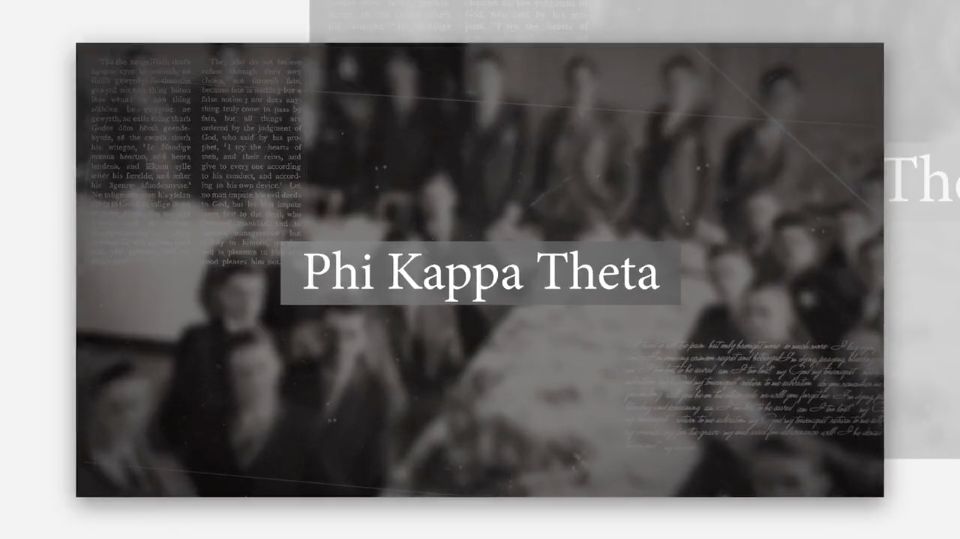Written by: Dan Bureau, Ph.D. (University of New Hampshire, '95), National President
I heard at Officers Academy that “members are apathetic”, but I strongly believe this to not be entirely true. For the most part people are not apathetic by nature. In my experience in working with organizations, including college fraternities, I have found that four factors escalate the potential for people to demonstrate a lack of interest but environments can be created in which these factors are mitigated. Ultimately this can enhance engagement and lessen any sense of “apathy”.
First, people lose interest when they don’t understand how to achieve the goals requested. For a person in a role, it may be that the task assigned does not have clear outcomes or there is no roadmap or suggested strategies provided. Sometimes the person does not have competence to do the job. Potentially capacity can be an issue. To minimize the potential for this to happen properly train people and help them understand how the work is a priority. Help the person to know the reason the task exists in order to achieve the organization’s mission.
Second, sometimes life gets in the way. I mentioned capacity as part of lack of clear strategy to fulfill responsibilities. The issue with performance or what is displayed to us as apathy may be from the very beginning or life may just get in the way: other family, academic, work or involvement priorities may be in conflict with the limited time they have to perform the role. Capacity is challenged because doing the work expected takes time that they just don’t have. Sometimes those challenges are temporary: “I have a huge test this week that will impact whether I get into my major”, or “I had to pick up extra hours so I can afford (rent, dues, car payment, etc.) this month”. When someone isn’t doing the work, find out if there is a capacity issue and work with them to identify ways to address the delay or inadequate work if it is temporary. Have an honest conversation and potentially the capacity issue may be longer-term: figure out if this role or participating in some of the ways expected is something that is long-term realistic for this person given their other time constraints and discuss a way to gracefully bough out if needed.
Third, sometimes there is an interest issue. The person may not be interested, yet still have motivation to contribute, because it was not the job they originally wanted or when they got into it there may have been a lack of challenge or even too much challenge. It may not appeal to them because of some of the other reasons or issues already stated, but we must know that when people sign up to do something or prepare to engage in community with others, such as when they join a fraternity, it is unlikely they started with that lack of interest. To better achieve active engagement, when someone demonstrates a lack of interest, find out if there’s something else they may wish to do. Find out if someone else may be better suited for their role and see about switching it up.
Finally, if an environment is not one that challenges people,then a problem may exist. Leaders have a responsibility to create a sense of commitment to an organization while understanding that each person will bring different interests, skills, and talents to achieve the organization’s goals. Sometimes that ebbs and flows based on the time of year but providing high expectations along with the support necessary for people to meet those expectations – enhancing skillsets, providing encouragement, leading and managing when needed – can provide an environment in which people stay motivated, engaged, and interested.
In closing, there may be a person here or there who just doesn’t bring the interest in a way that may demonstrate apathy toward the organization, but this is not the norm. A good screening process to ascertain their disposition to engage, providing the trainings necessary to be successful, connecting people to opportunities to contribute that match their interests, and creating an environment in which expectations exist while also supporting members when challenges occur can help prevent challenges with motivation and help a chapter achieve its goals.



